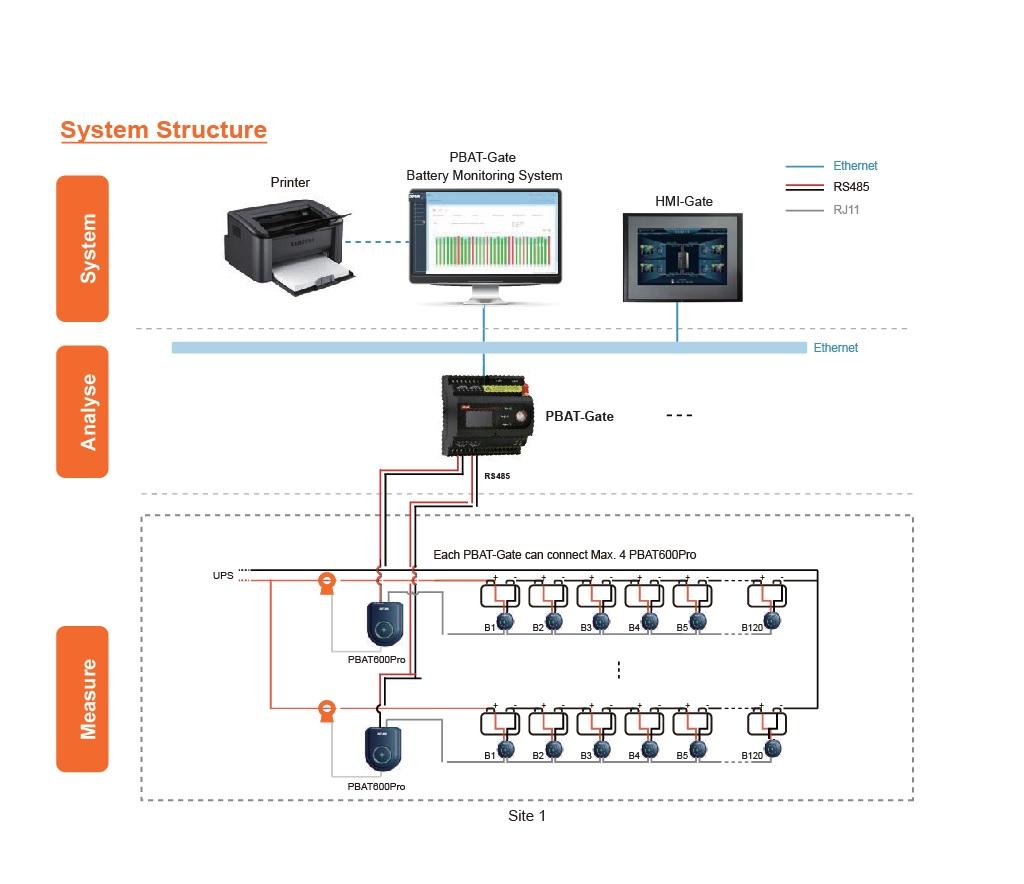Global Animal Health Sustainability Market Poised for Robust Growth Amid Rising Focus on Eco-Friendly Veterinary Practices
The Animal Health Sustainability Market is witnessing accelerated growth as governments, farmers, and animal healthcare providers shift toward environmentally responsible and sustainable practices. With increasing concerns about climate change, antimicrobial resistance, and resource efficiency, the market is emerging as a vital sector ensuring both animal welfare and environmental preservation.
According to Research Intelo, the market is projected to expand significantly during the forecast period, driven by rising global livestock demand, innovations in sustainable feed, and eco-conscious veterinary care. Stakeholders across regions are investing in solutions that minimize carbon footprints, reduce waste, and promote long-term health outcomes for livestock and companion animals.
Sustainability in animal health extends beyond disease prevention—it encompasses sustainable sourcing of feed ingredients, water-efficient farming systems, reduction of greenhouse gas emissions, and ethical treatment of animals. These dynamics are positioning the market as a key enabler of global food security and environmental stewardship.
Market Drivers Fueling Expansion
Several factors are driving the rapid growth of the Animal Health Sustainability Market:
-
Rising Demand for Sustainable Agriculture: Farmers and food producers are increasingly adopting eco-friendly livestock management practices to meet regulatory requirements and consumer expectations.
-
Global Push for Climate-Resilient Systems: Governments worldwide are introducing policies to reduce methane emissions from livestock and encourage sustainable farming practices.
-
Advancements in Veterinary Technology: Innovative vaccines, diagnostic tools, and sustainable feed additives are improving animal health outcomes while minimizing environmental impact.
These drivers collectively support the market’s trajectory toward a more resource-efficient and environmentally balanced system.
Challenges and Restraints
Despite strong growth potential, the Animal Health Sustainability Market faces several hurdles. High implementation costs of sustainable farming technologies often deter small-scale farmers from adoption. Additionally, lack of awareness in developing regions poses challenges for widespread market penetration.
Another restraint is the slow pace of infrastructure development in rural areas, where veterinary services and eco-friendly solutions remain underutilized. The gap between innovation and accessibility could limit short-term market growth, particularly in emerging economies.
Opportunities Unlocking New Potential
The sector offers numerous opportunities for growth and innovation:
-
Green Veterinary Products: Development of eco-friendly medicines, biodegradable packaging, and sustainable vaccines.
-
Digital Animal Health Solutions: Smart monitoring systems, data analytics, and AI-driven tools that optimize animal welfare and reduce waste.
-
Circular Economy in Livestock: Reuse of agricultural by-products as feed, waste-to-energy systems, and water recycling for farms.
As awareness spreads and regulatory support strengthens, these opportunities will transform sustainability into a competitive advantage across the industry.
Request a Sample Report: https://researchintelo.com/request-sample/3033
Market Dynamics and Global Outlook
The global Animal Health Sustainability Market is expected to post strong growth rates, supported by rising investments in sustainable agriculture and veterinary practices. The integration of animal welfare with environmental goals reflects a broader trend toward “One Health,” which connects human, animal, and ecosystem health.
Research Intelo highlights that the market is increasingly being shaped by consumer demand for ethically sourced animal products. Premiumization in the food industry is prompting producers to demonstrate their commitment to sustainability, making it a critical differentiator in global trade.
Moreover, collaboration between public and private stakeholders is strengthening supply chains. Government incentives for low-carbon farming and sustainable veterinary care are fueling adoption, particularly in North America and Europe. Meanwhile, Asia-Pacific is projected to witness the fastest growth due to its large livestock population and rising awareness about sustainable practices.
Statistical Insights and Market Value
-
The global Animal Health Sustainability Market is anticipated to grow at a CAGR of over 8% between 2025 and 2032.
-
Livestock sustainability programs are expected to account for the largest market share, supported by rising global protein demand.
-
Companion animal sustainability is also expanding, with pet owners seeking eco-conscious healthcare solutions.
-
Asia-Pacific is forecasted to contribute significantly, with strong adoption in India and China.
These statistics reinforce the market’s role as a cornerstone of sustainable global food systems.
View Full Report: https://researchintelo.com/report/animal-health-sustainability-market
Regional Trends Shaping the Market
-
North America: Leading adoption of sustainable veterinary solutions, supported by strong regulatory frameworks.
-
Europe: Focus on animal welfare, carbon-neutral livestock management, and plant-based alternatives in feed.
-
Asia-Pacific: Rapid growth driven by livestock density, government programs, and increasing consumer awareness.
-
Latin America: Emerging focus on reducing deforestation linked to cattle farming and integrating sustainable feed systems.
Each region is contributing uniquely, highlighting the global scope of animal health sustainability as a market trend.
Competitive Landscape and Innovation
The market is witnessing innovation in multiple areas, particularly sustainable feed formulations, biodegradable packaging for medicines, and precision livestock farming. Companies and research institutions are increasingly investing in green technologies that reduce environmental burdens while improving animal productivity.
Sustainability certifications and eco-labeling are also gaining prominence, as producers aim to enhance transparency and consumer trust. These innovations are redefining market competition by aligning profitability with responsibility.
Enquire Before Buying: https://researchintelo.com/request-for-customization/3033
Future Outlook
The Animal Health Sustainability Market is expected to evolve rapidly as sustainability becomes a non-negotiable factor in global agriculture and veterinary services. Rising awareness about the interconnectedness of climate change, food security, and animal welfare will continue to drive adoption.
Research Intelo projects that the integration of advanced technologies with sustainable practices will accelerate transformation, paving the way for a more resilient global food chain. Long-term, sustainability will not only be a regulatory requirement but also a strategic growth driver.
Key Takeaways
-
The Animal Health Sustainability Market is projected to grow at a CAGR of over 8% through 2032.
-
Drivers include sustainable agriculture demand, climate-resilient systems, and technological innovation.
-
High implementation costs and infrastructure gaps remain challenges.
-
Opportunities lie in green veterinary products, digital solutions, and circular economy models.
-
Regional growth varies, with Asia-Pacific emerging as a high-potential region.
The industry’s focus on long-term resilience and eco-conscious practices will cement its role in shaping sustainable global food systems.








